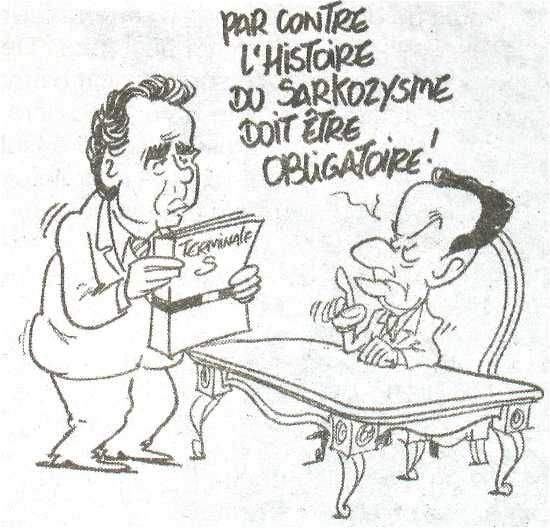

Zeebrugge is a place that Jacques Brel is particularly fond of. The artist having decided to celebrate in some way the incredible and whimsical life of these workers. While taking a leisurely stroll through the port of Zeebrugge, a Belgian city near Bruges, Jacques Brel had the idea of talking about the sailors in the port who sing, sleep, die and indulge in some not very catholic practices. “He never did an encore and never did an encore either, except once, during the tour of Russia, in 1965: I don’t know what got into him, he did an Amsterdam encore.” Jean Corti, Jacques Brel’s accordionist "Port of Amsterdam" by januszsl is licensed under CC BY-NC-ND 2.0 However, this classic has no connection with the Netherlands. This cover version is by Cœur de Pirate, who I also write about here.The mere mention of the Dutch city manages to bring back memories of Amsterdam sung by Jacques Brel in 1964. Luckily for his marriage and for his loyal fanbase, he did as he was told. He wasn’t sure whether to release it, and she warned him that if he didn’t include it on his next album, she’d leave him. The narrator mentions how quickly time passes, remarking that time takes everything with it, from children’s laughter – as his daughter will soon grow up – to the mistral gagnant that he remembered so fondly from his childhood.Īpparently, when Renaud was recording the song in 1985, he sang it to his wife during a phone call. Some packets would have the word ‘gagnant’ (‘winner’) printed on them, and anyone who had one of these could then exchange the finished packet for a new one. He tells her about the mistral gagnant, a sweet similar to sherbet. In this song, Renaud imagines a man talking with his daughter about his childhood.

Voted by the French public as their all-time favourite song in 2015, it beat Ne me quitte pas by Jacques Brel and L’aigle noir by Barbara. Many musicians have spoken about how she inspired them, including Vianney, a young singer who released a folk-inspired version of the song in 2014 for his first album Idées Blanches. Barbara’s poignant lyrics and her delicate voice became her trademarks as a performer, as well as the winged eyeliner and black dress that she would often wear for her concerts. It was written in 1964 by Monique Serf, who took the stage name Barbara when she achieved success as a singer and pianist in France during the late 1950s. This song, which can be roughly translated as ‘Tell me, when will you come back?’, is about a woman who is waiting for her lover to return. Here are a few of my favourite cover versions…. So popular, in fact, that they’re still being covered by current artists in France and abroad.īut the question is: do you have a favourite cover version? Or is the original still the best? Yes, classic French songs are still hugely popular.


 0 kommentar(er)
0 kommentar(er)
